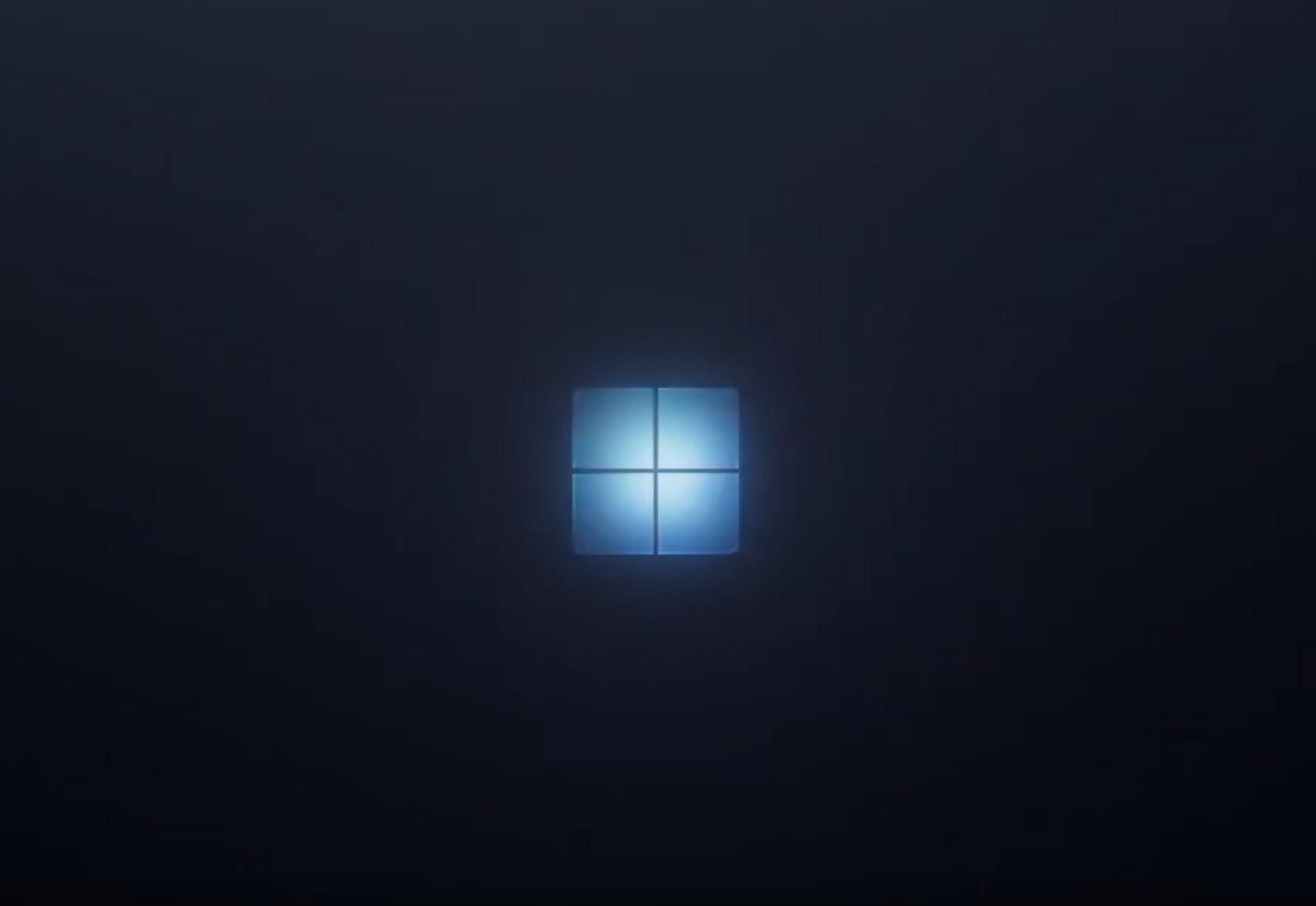- Microsoft is working on a new project called CorePC.
- CorePC aims to make Windows 12 a modular operating system.
- This approach will bring faster updates, better security, and improved AI capabilities.
According to reports, Microsoft is working on Windows 12a, a more advanced modular architecture known internally as CorePC, which will enable faster device updates, enhanced security, and other AI features.
Because not all form factors can offer the same features and capabilities, like legacy support for Win32 programs, the software giant is working on a new project called CorePC, which will divide the operating system into different modules. This will allow the company to create different variants (or editions) of Windows 12 (or whatever the marketing name might be) depending on the requirements of the device, according to a recent report from Windows Central.
The introduction of the idea of state separation, which effectively divides the entire system into multiple partitions, is arguably the largest change with CorePC. According to the source, these partitions are read-only and inaccessible to the user or third-party apps, however it’s unclear how the user will see them. iOS and Android take a similar tack. The advantage appears to be that better management and quicker upgrades are made possible by dividing the components into distinct partitions, which also enhances platform security. Additionally, this method might speed up and improve the reliability of device resets.
System files, apps, and user data are all kept in one location because Windows has traditionally used a single partition for the entire system (apart from the boot and recovery partitions).
With the Windows Core OS project, Microsoft attempted a similar strategy to modify the operating system in the past. We saw the corporation attempt this with Windows 10X, but it was unsuccessful. With the exception of Windows Core OS, which attempted to rebuild the system from the ground up, CorePC will attempt to work from the top down in order to preserve support for traditional desktop programs and processes. This presents another chance to make Windows modular.
The new initiative may result in a version of Windows 12 that is at last comparable to Chromebooks in terms of functionality, performance, and system footprint, according to the same report’s sources with knowledge of the strategy. A version of Windows 11 that is up to 75% smaller than the current SE edition that only runs Microsoft Edge, Office, web, and Android apps is already being tested internally by Microsoft for the educational sector.
Furthermore, the software behemoth is working internally to create a new compatibility layer called Neon that will enable legacy programs to function properly on a system that employs state separation.
Additionally, since AI will be a major component of Windows 12 and later editions, Microsoft is striving to optimize the new system to enhance its capabilities. (With the Bing Chat integration in search, we can already see some AI features coming to Windows 11.)
The capacity to scan content on the screen and provide contextual prompts to jumpstart projects or apps is another AI capability the company is working on, according to the article. Additionally, the system might be able to identify text and objects in pictures, allowing users to extract the material with a straightforward copy-and-paste operation.
When (or if) these modifications will occur is currently unknown. However, it has been reported that the corporation intends to deploy Windows 12—which currently uses the Hudson Valley internal codename—sometime in 2024 as part of the CorePC project.
